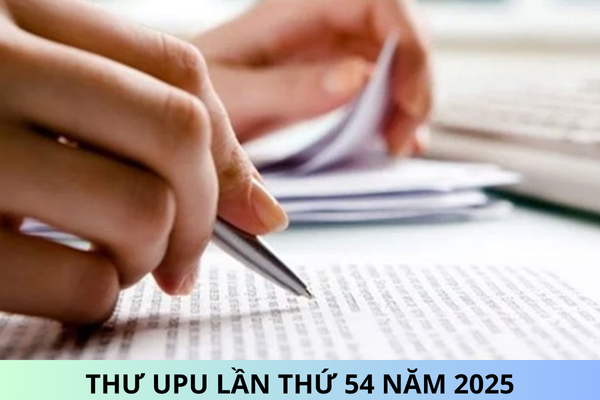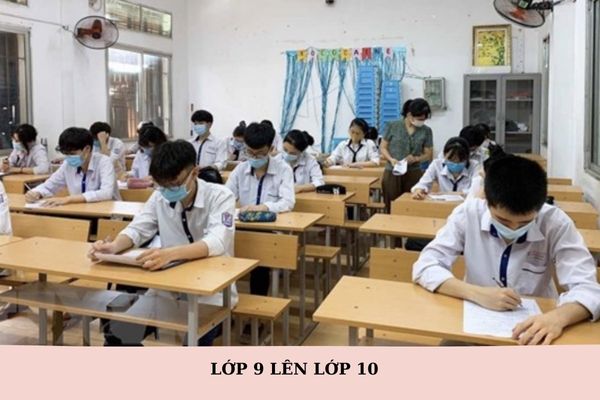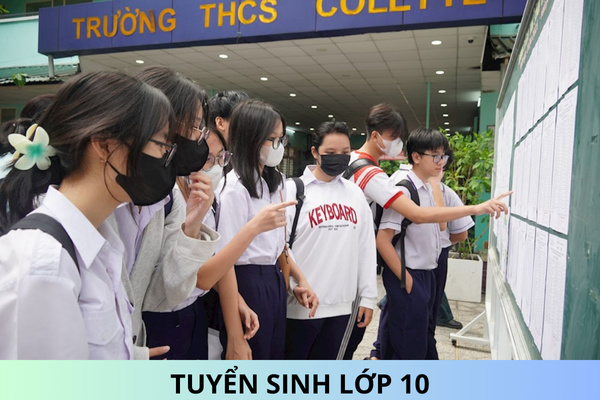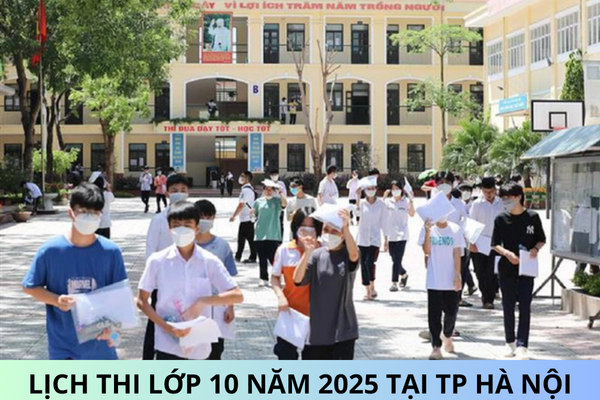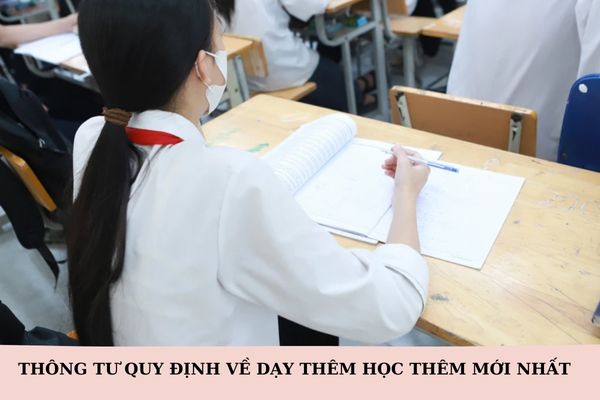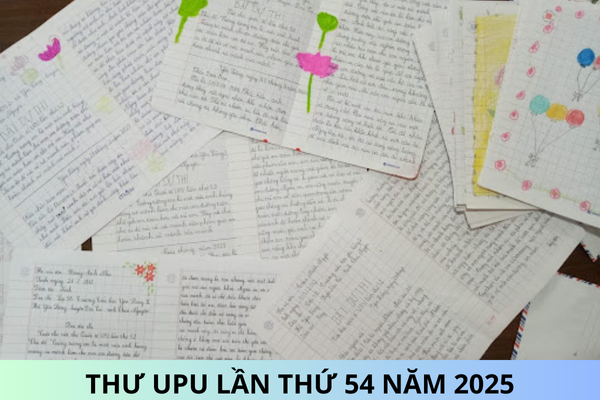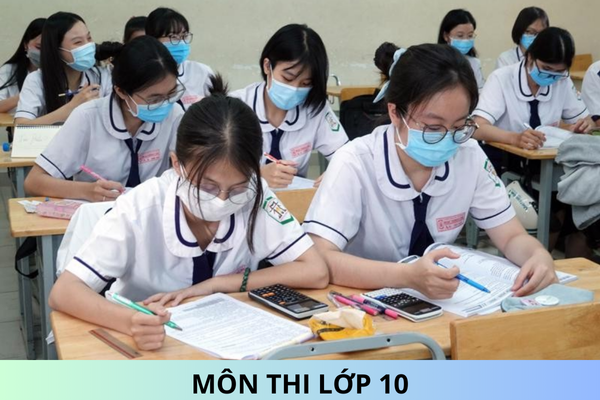Current Academic Titles of University Lecturers and Standards for University Lecturers
Currently, what are the titles for university lecturers? What are the standards for university lecturers? How long is the working time for university lecturers?
What are the current university lecturer titles?
Article 54 of the Law on Higher Education 2012, amended by Clause 29, Article 1 of the Law on Amendments to the Higher Education Law 2018, stipulates university lecturers as follows:
Lecturers
Lecturers in higher education institutions are individuals with clear personal backgrounds, possessing good qualities and ethics, adequate health to perform their duties, and qualifications meeting the provisions of this Law, the organization and operation regulations of higher education institutions.
The titles of lecturers include teaching assistant, lecturer, senior lecturer, associate professor, professor. Higher education institutions appoint lecturer titles according to the law, organizational and operational regulations, job position requirements, and the institution's usage needs.
The minimum qualification for the title of a lecturer teaching undergraduate level is a master's degree, except for the teaching assistant title; the qualification for lecturers teaching master's and doctoral levels is a doctoral degree. Higher education institutions prioritize recruiting individuals with doctoral degrees as lecturers and prefer the development and incentivization of leading professors to advance training disciplines.
The Minister of Education and Training stipulates the standards and appointment of lecturer titles under their jurisdiction, the minimum percentage of permanent lecturers at higher education institutions, and the standards for practical lecturers and lecturers of some specialized training fields.
Thus, the current university lecturer titles include:
- Teaching Assistant
- Lecturer
- Senior Lecturer
- Associate Professor
- Professor

What are the current university lecturer titles? What are the standards for university lecturers? (Image from the Internet)
What are the standards for university lecturers?
Clauses 2 and 3 of Article 5 of Circular 40/2020/TT-BGDDT, amended by Clause 1, Article 2 of Circular 04/2022/TT-BGDDT, stipulate the standards for lecturers as follows:
Lecturer (Grade III) - Code: V.07.01.03
...
- Standards on educational and training level:
a) Possess a master's degree or higher relevant to the job position, teaching discipline or specialty;
b) Possess a certificate of training according to the standards of the professional title of a university lecturer.
- Standards on professional competence and skills:
a) Master basic knowledge of the assigned subject; have general knowledge of some related subjects in the assigned training specialty;
b) Understand and correctly implement the objectives, plans, content, and programs of the assigned subjects in the training specialty. Identify the practical issues and development trends of training and research in the specialty domestically and internationally;
c) Effectively and safely use teaching aids and equipment, adopt effective teaching methods suitable to the subject's content; meet the teaching requirements;
d) Capable of conducting scientific research; applying scientific and technological advances in teaching and other assigned tasks;
d) Ability to apply information technology and use foreign languages in performing the duties of the lecturer (Grade III).
Thus, the standards for a university lecturer (Grade III) - Code: V.07.01.03, include:
[1] Standards on educational and training level:
- Possess a master's degree or higher relevant to the job position, teaching discipline or specialty;
- Possess a certificate of training according to the standards of the professional title of a university lecturer.
[2] Standards on professional competence and skills:
- Master basic knowledge of the assigned subject; have general knowledge of some related subjects in the assigned training specialty;
- Understand and correctly implement the objectives, plans, content, and programs of the assigned subjects in the training specialty. Identify the practical issues and development trends of training and research in the specialty domestically and internationally;
- Effectively and safely use teaching aids and equipment, adopt effective teaching methods suitable to the subject's content; meet the teaching requirements;
- Capable of conducting scientific research; applying scientific and technological advances in teaching and other assigned tasks;
- Ability to apply information technology and use foreign languages in performing the duties of the lecturer (Grade 3).
What is the working time of university lecturers?
Clause 1 of Article 3 of Circular 20/2020/TT-BGDDT stipulates the working time for university lecturers as follows:
Working time, standard teaching hours, and standard teaching hour norms
1. The working time of lecturers in an academic year is 44 weeks (equivalent to 1,760 administrative hours) to perform teaching, scientific research, community service, and other professional tasks, determined by the academic year after deducting the statutory holidays.
- Standard teaching hours are the time units converted from the required labor hours to complete a specific task of lecturers equivalent to one theoretical lecture hour at the undergraduate level directly in the classroom (or online teaching), including the necessary labor time before, during, and after the lecture.
..
Thus, the working time of lecturers in an academic year is 44 weeks (equivalent to 1,760 administrative hours).
Sincerely!
